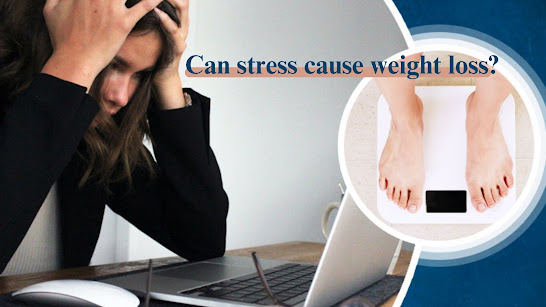Bipolar disorder in young adults and teens: signs and symptoms?
Teens
with bipolar disorder experience extreme highs (manic episodes) and lows (depression) and sometimes a mix
of both simultaneously. Their symptoms can last several days or weeks
and come out of the blue. "As the illness progresses, teens can also
experience psychosis," Francis says
Bipolar disorder
can occur at any age,
although it often develops between the ages of 15 and 19 and rarely develops
after 40. Men and women from all backgrounds are equally
likely to develop bipolar disorder. The pattern of mood swings in bipolar
disorder varies widely between people.
Behavioural changes
Changes in appetite, such as
decreased appetite and weight loss or increased appetites for
food and weight gain; fatigue and a loss of energy; insomnia or excessive
sleeping use of drugs or alcohol
There’s
evidence that episodes of mania may occur when levels of noradrenaline are too high, and episodes of depression may
be the result of noradrenaline levels becoming too low.
What's normal and what's not
It might be challenging to
distinguish between teenage sadness and the ups and downs that come with being
a teenager. Consult your teen. Find out if they appear to be able to control
difficult emotions or if life is too much for them.
Causes
·
Lasting feelings of sadness
·
Feelings of despair, helplessness, and guilt
·
Low self-esteem
·
Feelings of not being good enough
·
Feelings of wanting to die
·
Loss of interest in activities once enjoyed
·
Trouble with relationships
·
Sleep problems, such as insomnia
Complications
·
Problems related to drug and alcohol use.
·
Legal or financial problems
·
Damaged relationships
·
Poor or school performance
There is no cure for bipolar disorder, but through behaviour therapy and the right
combination of mood stabilizers and other bipolar medicines, most people with
bipolar disorder can live normal, productive lives and control the illness.
Prevention
·
There is no fool proof method to stop
depression. However, these methods might be useful. Your teen should be
inspired to:
·
Take steps to control stress
·
Practice self-care
·
Reach out for friendship and social support
· Get treatment at the earliest sign of a problem



Comments
Post a Comment